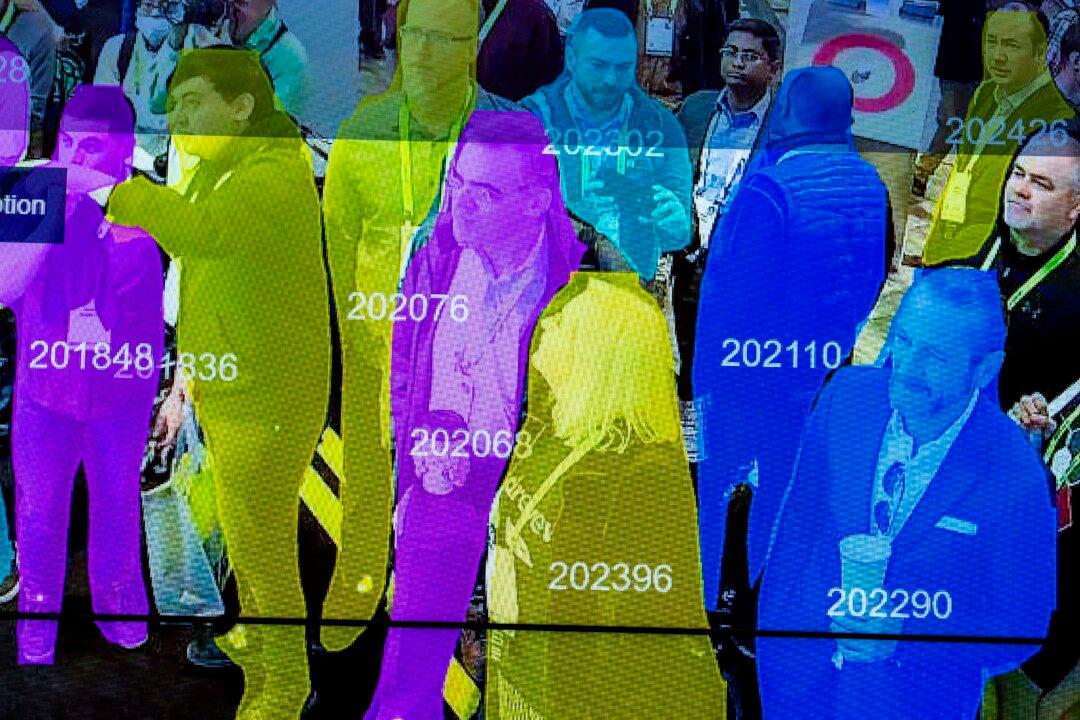In American higher education today, the equivalent of the holy trinity consists of diversity, equity, and inclusion. The impact of this pseudo-religion is difficult to overstate. For example, new faculty are often required to sign a loyalty oath pledging their fealty to “diversity,” while administrative positions with “equity” and “diversity” in their titles proliferate. In practice, this results in an unnatural obsession with race and gender, which affects admissions decisions and, to some measure, every degree program. As with any religion, indoctrination is a crucial part of the process. So-called general education requirements are one vehicle for such indoctrination. This issue of indoctrination is particularly perverse, as indoctrination is, in some sense, the polar opposite of education.

Two Australian universities have made Covid-19 vaccines mandatory for students. Yana Paskova/Getty Images
|Updated:
Commentary
Mark Stamp is a professor of computer science at San Jose State University. His teaching and research is focused on information security and machine learning. He has published more than 125 research articles on various topics involving information security and machine learning, and he has written well-regarded textbooks, including “Information Security: Principles and Practices” (Wiley) and “Introduction to Machine Learning with Applications in Information Security” (Chapman and Hall/CRC).
Author’s Selected Articles



